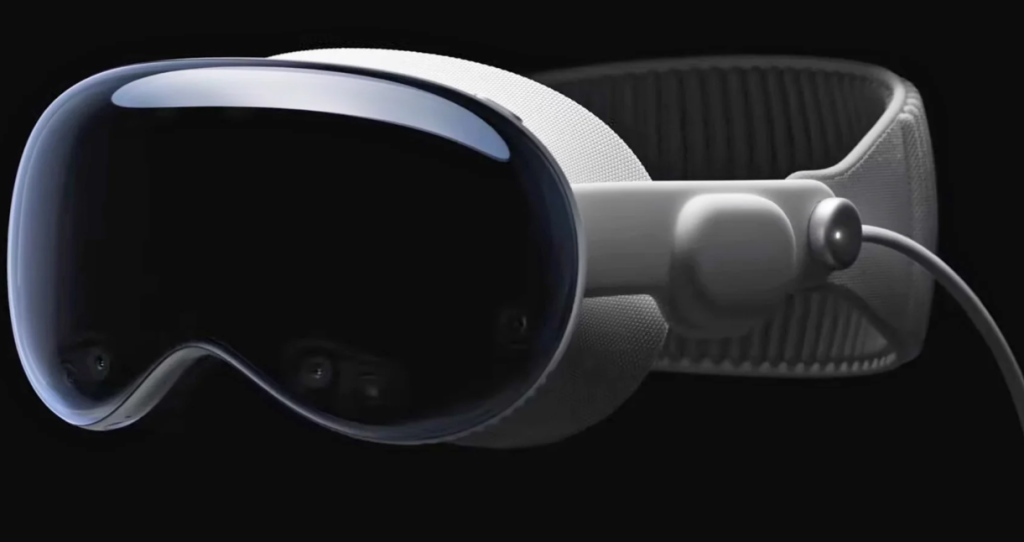When the iPhone launched with its App Store all those years ago, the software industry shifted from a buy-once business model towards ‘free to play', offering up apps for free, with monetisation coming through microtransactions and advertising. Nowadays, the popularity of free apps on mobile vastly outweighs paid-for apps. With the launch of the Apple Vision Pro though, developers are swinging back in the other direction.
The Apple Vision Pro headset is now available, offering a virtual or mixed reality experience, powered by a modified version of iOS known as ‘VisionOS'. There are thousands of apps supported on the Vision Pro at launch, a chunk of which are pre-existing apps that have been updated for virtual reality, while the remaining apps are all newly built for the Vision Pro headset.
According to a study conducted by Appfigures (via Techcrunch), the majority of Vision Pro-only apps do carry a price tag and the average selling price currently sits at around $5.67 per app. Around 35 percent of Vision Pro apps don't monetise through the App Store, and 13 percent of those apps offer a subscription payment option.
There was talk of Vision Pro apps carrying more premium price tags compared to iOS apps ahead of the headset's launch. Currently, while the Vision Pro is sold and marketed as a consumer product, with its $3,500 price tag, its customer base is limited to businesses, developers and of course, wealthy enthusiasts with money to burn. With a much smaller customer base to sell to compared to the iOS App Store, it makes sense for companies to sell their apps right now, rather than banking on the freemium model, as microtransaction sales are not guaranteed.
We would expect the Vision Pro store to evolve over time, and eventually, freemium apps may reign supreme once again if the user base grows in a similar fashion to the iPhone.
Discuss on our Facebook page, HERE.
KitGuru Says: I've been surprised by the amount of Vision Pro coverage I've seen in recent weeks. This is a highly expensive product that very few can afford, but Apple's tech appears to have seriously impressed.
 KitGuru KitGuru.net – Tech News | Hardware News | Hardware Reviews | IOS | Mobile | Gaming | Graphics Cards
KitGuru KitGuru.net – Tech News | Hardware News | Hardware Reviews | IOS | Mobile | Gaming | Graphics Cards



